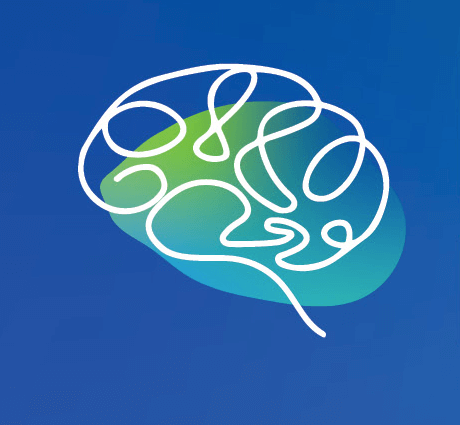
Mindleader Message in Tiara’s Hat Parade
What Tiara’s Hat Parade Teaches Us About Emotional Resilience...
Learn MoreOrlando Family Stage
The Finest in Family Theater
At Orlando Family Stage, we believe storytelling has the power to build empathy, spark conversations, and support the emotional well-being of young people. That is why we are proud to partner with AdventHealth for Children through their Be a Mindleader initiative. This community-wide campaign encourages open and honest conversations about youth mental health and provides families with expert insights to better support the children in their lives. Together, we are working to destigmatize mental health challenges and uplift the next generation of Mindleaders–young people who are emotionally aware, resilient, and compassionate.
Orlando Family Stage’s 25/26 Season is Presented by AdventHealth for Children.
Brooke and Zeke stand at the edge of the trapdoor. There’s a lever. A legend. And a lot of things that could go wrong. But they pull it anyway, because the show must go on. Goosebumps The Musical: Phantom of the Auditorium is more than a ghost story. It is a story about what it means to step into fear and come out stronger.
At Orlando Family Stage, we know that growing up is often a scary story of its own. Trying something new. Speaking up in class. Being cast in the ensemble when you hoped for the lead. These moments can feel like facing a ghost in the basement. But theatre gives young people a way to explore fear safely, build emotional resilience, and, most importantly, discover the courage that already lives inside them.
The Fear is Real. So is the Bravery.
When Brooke and Zeke ride the creaky trap door into the dark sub-basement, they do not know what they will find. But they go anyway. This is what bravery looks like, not charging into danger recklessly, but choosing to keep going even when you are unsure.
Middle school is full of unknowns: new friendships, identity shifts, academic pressures. Our young people may not be facing actual phantoms, but they are often facing internal fears just as intense. Will I fit in? What if I fail? Am I good enough?
In Goosebumps, characters name their fear, talk about it, and still show up. That is emotional bravery, and that is what Mindleaders do.
Being Seen When You’re Not the Star
Tina is not cast as the lead. Instead, she is asked to help backstage and be the understudy. Her disappointment shows up in sarcasm, resentment, and some darkly comic revenge plotting. But under the humor is something real, what it feels like to be unseen, to want something badly and not get it.
Mindleaders know Tina isn’t ‘acting out’, she’s acting on hurt. That’s something every parent, teacher, or clinician has seen. What Tina needs is not punishment. She needs support, purpose, and connection. And as the story unfolds, she finds it.
Quiet Courage
Brian shows up partway through the play, new to school, quiet, and carrying a fear of not belonging. And yet, Brian chooses kindness. When Brooke is overwhelmed, when the phantom mystery deepens, he brings calm, questions, and empathy. He listens. He notices.
This is a different kind of bravery, the kind that helps others feel brave too. We often celebrate the loud courage of “trying again.” But Mindleaders also show up in quiet ways: the friend who listens, the student who asks if you’re okay, the kid who chooses connection over conflict.
Brian reminds us that bravery is not always about what you do on stage. Sometimes, it is about how you show up for others when the spotlight is not on you.
Theatre as Emotional Rehearsal
At its core, Goosebumps invites kids to “play” with fear: to laugh at it, face it, and talk about it. This is what mental wellness can look like in youth, not avoiding difficult feelings, but building skills to navigate them.
Whether it is Brooke standing up for herself, Zeke asking questions, or even Brian slowly revealing his secrets, every character in Goosebumps is practicing emotional expression and social problem-solving. And every young person in the audience is learning with them.
Reflection Questions
Use these to keep the conversation going after the show:
Call to Action: How to Be a Mindleader
Mindleaders don’t chase fear away. They listen to it, talk about it, and help young people face it with support and love.
If you are a caregiver, teacher, or healthcare professional, here’s how you can lead:
Learn more about AdventHealth’s Mindleader initiative and how you can support youth mental wellness through everyday empathy.
Don't miss out on the magic. Grab your tickets now and
make unforgettable memories at Orlando Family Stage!